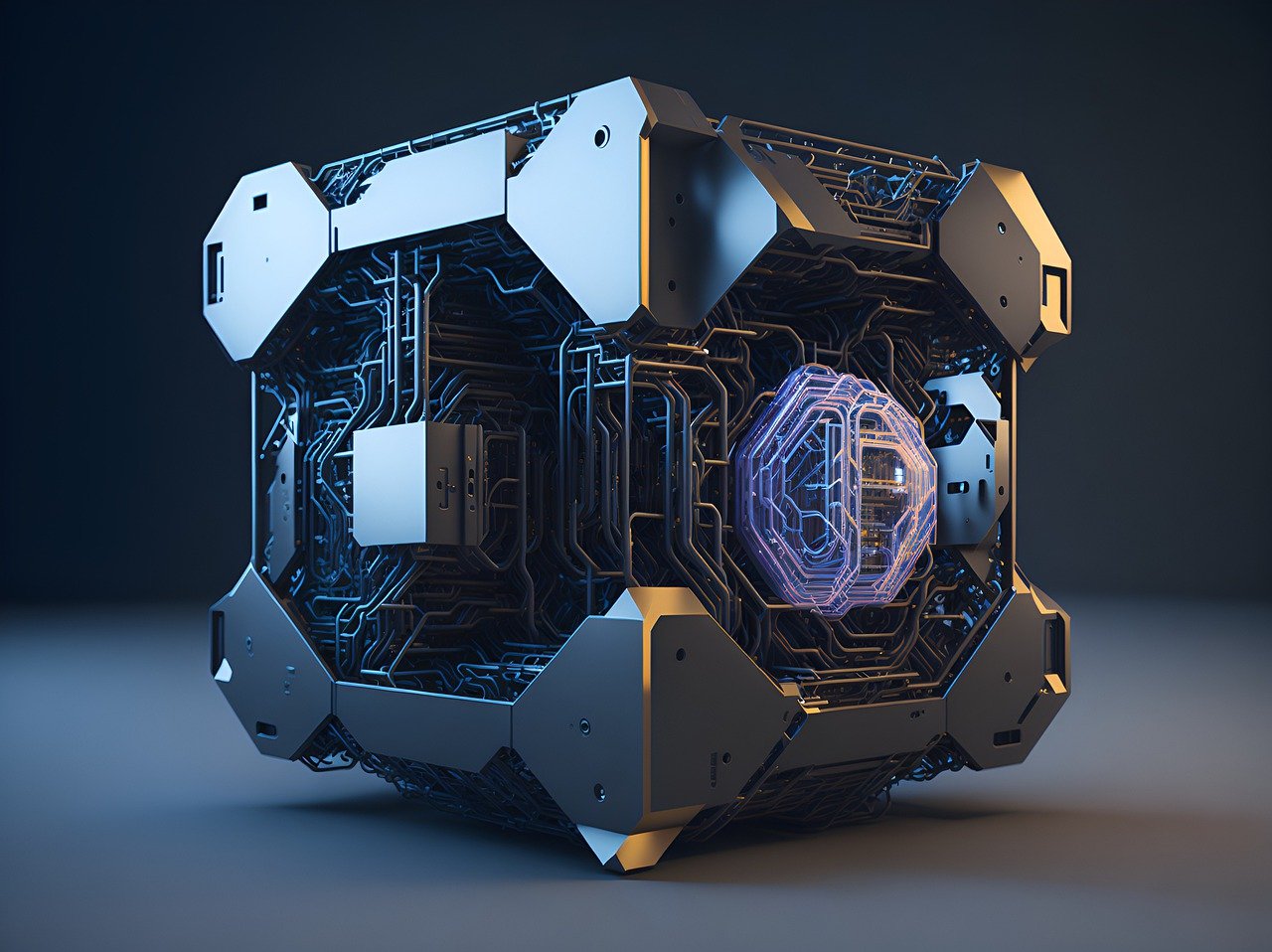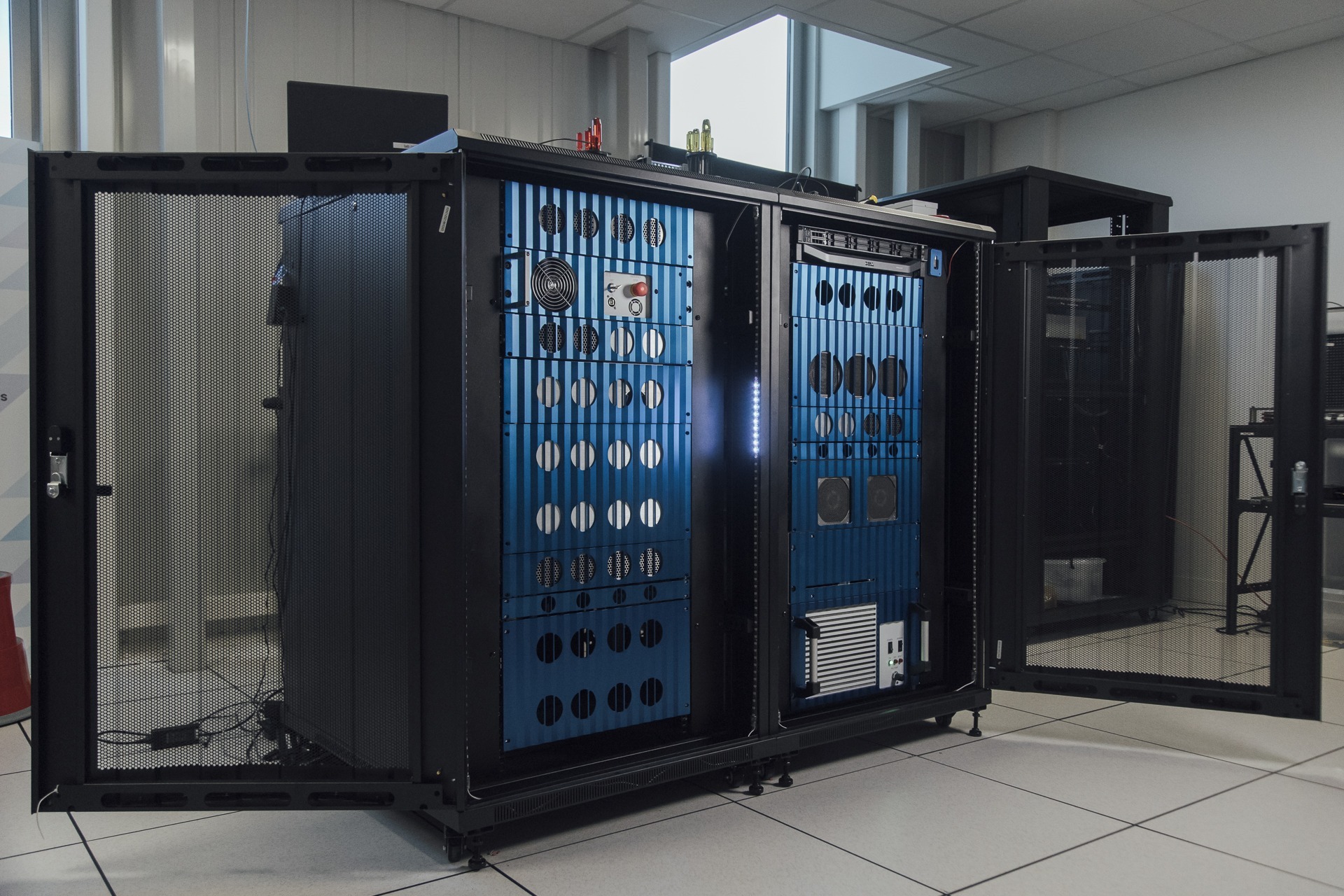A physical qubit can be any physical system able to encode a qubit degree of freedom, i.e. well defined and manipulable |0> and |1> states. Two-level physical systems are ideal candidates for physical qubits, but physical qubits are not limited to these kinds of systems. Some examples of physical qubits are [Trapped Ions], [Neutral Atoms], transmons and single photons.
Photonic Quantum Computing and physical qubits
Single photons can be used as physical qubits through different but equivalent [Qubit Encoding](link to Qubit Encoding):
- Polarization encoding: we use two orthogonal directions of vibration (horizontal-vertical or left-right for instance) of the light to encode a qubit.
- Path encoding or ‘dual-rail’: we use the occupation degree of freedom to encode a qubit. With two fiber optics, the presence of the photon in the first one or the second one constitutes the qubit states.
- Time-bin encoding: we use the timing degree of freedom to encode a qubit. We split a detection window [0, T] into two disjoint ‘early’ [0, Te] and ‘late’ [Te, T] intervals. Early and late photons constitute the qubit states.
Frequently Asked Questions About Physical Qubits
- Is having physical qubits enough to perform quantum computation? No. It is of course a necessary requirement as they are the information carriers. However, we need a way to manipulate them, i.e. perform operations such as [Single-qubit gates], [Two-qubit gates], measurements etc. to carry out computations.
- For a given physical implementation, is there a notion of quality of a physical qubit? Yes. Due to environmental interactions or intrinsic features, physical qubits can be noisy [Noise]. Roughly speaking, it means that small deviations from the ideal case will occur upon manipulation. Such deviations can accumulate and ruin the [Fidelity] of a computation in the long run. The smaller these deviations, the higher the quality of the physical qubit is.
- Is one physical implementation better than the others? There is no definite answer to this question. Some implementations can yield high quality physical qubits but manipulating them is tedious while it might be the converse for other implementations.
- When talking about a quantum computer with n qubits, are these qubits physical qubits? It depends! Current early-stage quantum computers use physical qubits to perform computations and, in this case, yes qubits refer to physical qubits. However, as physical qubits are noisy, the [Fidelity] of these computations is quite low. Consequently, for quantum computers of later-stages, qubits usually refer to [Error-Corrected Qubits].


